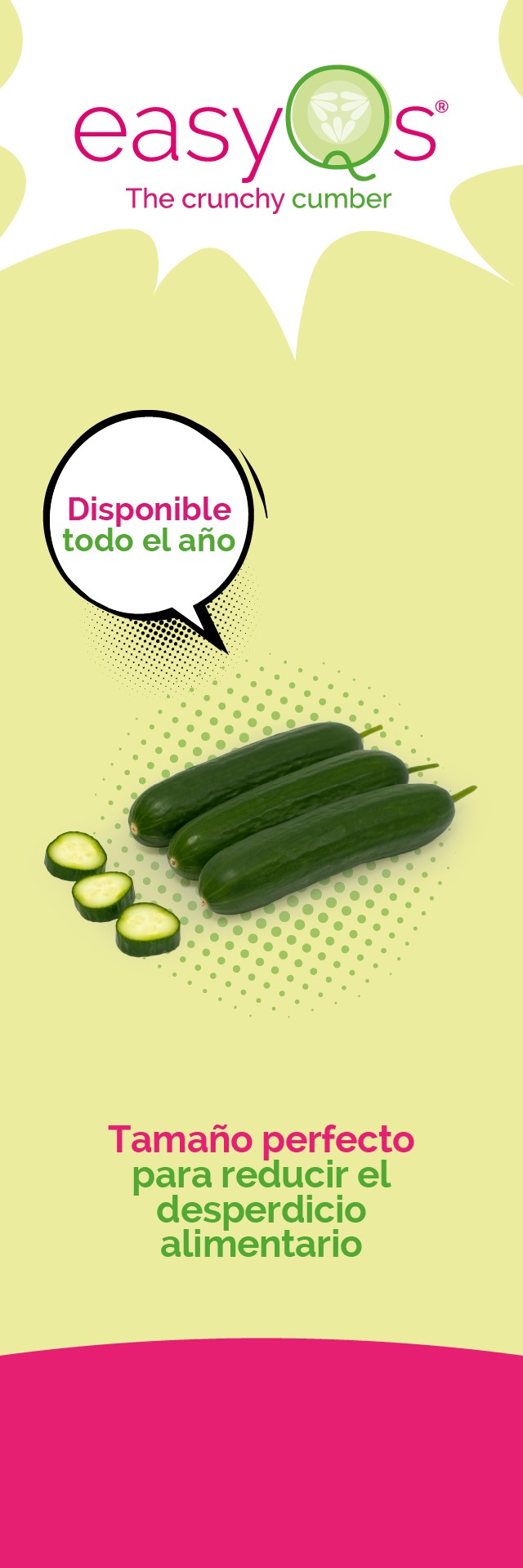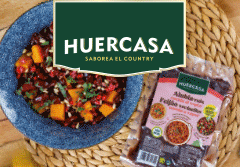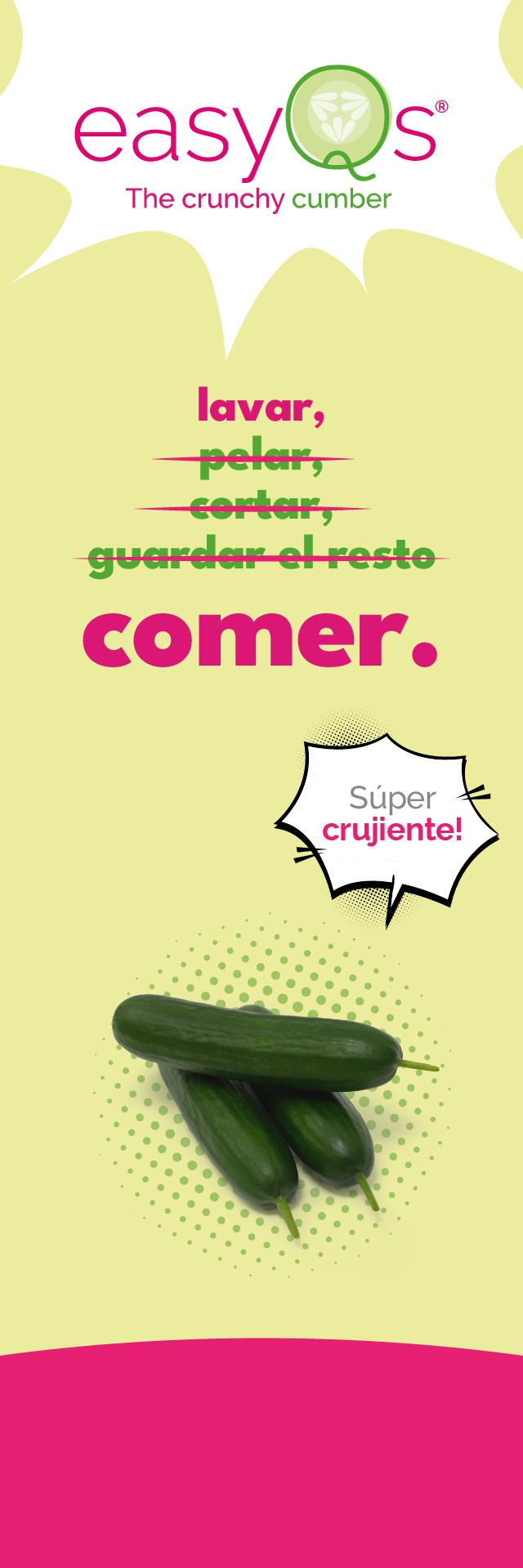In order to obtain a professional, strong berry sector the vegetable materials that are used must be regularised.
Francisco Sánchez, manager of Onubafruit, is categorical on this point and he states that “research is very expensive and it must be regulated”. With good reason, the company uses large amounts of revenue to pay royalties, added to which are the important investments made in its own research and development.
“We look around the world to discover which are the best strawberry, raspberry, blueberry or blackberry varieties. We spend six million euros per year in royalties and it is unreasonable that other companies do not do so and act illegally.”
“If we want a strong, professional sector, we must act within the law. Someone who works with varieties without holding a permit, both growing them and marketing them, should know that the courts can act against them and that ignorance does not exempt them from complying with the law. And on this point, I am referring to the entire chain, from the farmer, to the marketer or the large retailer that acquires the produce.”
In its enthusiasm for legality, Onubafruit presents an operating licence certificate when trading with large retailers.
The company managed by Francisco Sánchez has an agreement with the University of Florida, through the company ‘Rústicas del Guadalquivir’ to grow different varieties of blueberries.
‘Rusticas del Guadalquivir’, which has been established as a company in Seville for over 40 years, is developing new fruit varieties, working alongside the University of Florida, which, using some strict quality parameters, places the latest genetic innovations at the disposal of Andalusian farmers, in order to strengthen the potential of berries in the province of Huelva.
The group from Huelva has 5 of its own varieties of raspberry (Erika, Imara, Kweli, Vajolet and Lagorie) and it continues using a research line and different arrangements with plant breeders and universities. “We usually purchase varieties in the first phase of evolution because when they are good, their prices increase exorbitantly.”
Amongst the agreements that stand out is the one with the University of Arkansas to obtain raspberry varieties, as well as different Italian universities. In the case of blueberries, they have agreements with Oregon and Holland.
With this research and development, which form an essential part of the company’s commitment to quality and sustainability, Onubafruit is attempting to respond to the demands made by the markets, environmental changes, respect for the environment and food safety.
During the last campaign, Onubafruit (formed by Cobella, the cooperative from Cartaya, Freslucena, the Sat Condado de Rociana and Costa de Huelva) marketed over 60,000 tonnes of fruit and reached an invoicing of 170 million euros, generating around 3,000 jobs in the province.
According to its manager, the reason behind one of the company’s successes is the diversification of the berry category that it initiated as a virtual pioneer over twelve years ago. Today, in volume, the group is the second operator for strawberries, number one for raspberries and blueberries, and for blackberries it holds an outstanding second position. “We discovered diversification years ago and we made a decisive commitment to it, at a time when Huelva only produced strawberries.”
And on the same point, Sánchez explains that Onubafruit has also reached 7,000 tonnes of persimmons and “it continues to maintain its own citrus fruit packaging installations in one of its associated companies.”
The executive believes that raspberry production in Huelva, of which the group markets 10,000 tonnes, “is peaking and more blueberries are being planted that we will be able to sell at the moment.”
Destinations. Western Europe is the group’s main market and the English market stands out in particular, which is well positioned for small berries.
Regarding the opening up of more distant markets, such as China, Sánchez states that “there is a very high percentage of fruit that does not hold the right parameters for travelling 30 days by ship. And if we export by plane, the determining factor is the price, although we do send blueberries by plane to China.”
Furthermore, the executive guarantees that “people who compare the purchase price from the farmer with the sale price at the supermarket must take into account all the parameters. One size is not the same as another, nor is the type of packaging, or the quality characteristics of the produce, etc. The question is not as simple as it might seem and reductionisms must be avoided.”





















